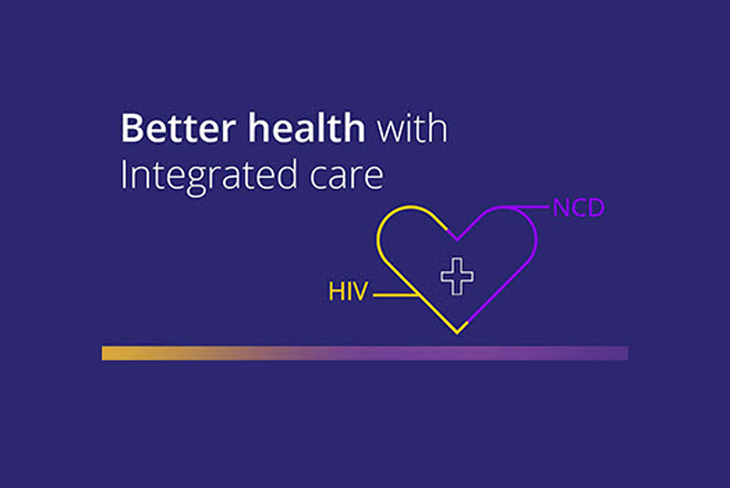Show Menu
Choose Your Location
You are now leaving the Viatris page for a Viatris affiliate site or third party site that is solely responsible for its content, including its compliance with guidelines applicable in certain geographies. Links to Viatris affiliate sites and third party sites are provided as a resource to our visitors and may not be governed by the same regulatory requirements applicable to this site and unaffiliated third party sites are subject to their own terms and data protection notices and practices. Moreover, if their third party site is subject to other country laws, regulatory requirements, data protection requirements or medical practices may differ between countries and the information provided therein may not be suitable for use in your country.

Access
October 7, 2021
As the COVID-19 virus spread globally in 2020, healthcare professionals inundated with sick patients scrambled to understand this new and highly contagious disease. Meanwhile, a new study found that another threat – this one more silent – was affecting some of the most vulnerable patients in the world: chronic diseases.
According to the study, as many as 50% of patients surveyed with non-communicable diseases (NCDs) like cardiovascular diseases, mental health conditions, cancers, chronic respiratory diseases and diabetes experienced a worsening of their condition because of disruptions to prevention and treatment services caused by the pandemic. The study was a broad international patient community survey conducted on the connection between the pandemic and patients living with NCDs. The study was conducted by Viatris in partnership with Carenity, Eurocarers and La Compagnie des Aidants, and the findings were published in the International Journal of Environmental Research and Public Health.
“NCDs are a silent threat to global public health. We need to ensure a patient-centered approach to healthcare to empower patients, especially at critical times such as during a pandemic, “ said Dr. Lobna Abdel Hamid Salem, head of Medical Affairs for Viatris’ Developed Markets (North America and Europe) and JANZ (Japan, Australia, New Zealand) business segments.
Other key findings included:
• 17% of respondents developed a new disease
• 26% reported an impact of the pandemic on regular/long-term treatment intake
• 54% of the patients felt very or completely socially isolated and reported a strong impact of the COVID-19 pandemic on their stress level and state of mind, with higher levels observed in the U.S. compared to Europe
• 59% of the respondents wished to have received additional information regarding the risks associated with their medical condition during the pandemic
Deployed during two waves in 2020, the study was designed to assess the real-time impact of the virus on people living with NCDs. The survey also asked patients about access to health care, their adaptation to daily life and their sources of information on COVID-19. In all, 4,800 people living with NCDs in seven countries participated in the study.

NCDs are the leading cause of death in the world, accounting for nearly 41 million deaths – or 71% of all deaths - worldwide annually. Last year, the World Health Organization announced that people living with NCDs were at a higher risk of getting ill and dying from COVID-19.
At Viatris, our mission is to empower people worldwide to live healthier at every stage of life – and true to this mission, we are committed to instituting preventative measures around NCDs. That’s one of the reasons we partner with the American College of Cardiology (ACC), the World Heart Federation (WHF) and the NCD Alliance on the NCD Academy. The NCD Academy is a web-based and globally accessible educational platform for healthcare providers to improve the prevention and treatment of NCDs. One of its newest courses focuses on mental health and was developed in partnership with the World Psychiatric Association.
“We support a holistic, integrated approach to care that looks at NCDs, communicable diseases and emerging health crises by focusing on building reliable healthcare systems that support vulnerable populations,” Dr. Salem said. “This study reaffirms the need for that approach, especially in a time of a global public health crisis.”
For us, that means developing country-specific strategies and strong collaborations with different kinds of partners to provide tailored solutions that address specific unmet needs and connect people to the treatment they need, regardless of geography or circumstance.
“We’re very grateful to the patients with chronic disease who took the time to share their experiences with us in this study,” Dr. Salem said. “We’re hopeful these findings will help inform care for in the future, creating stronger healthcare systems and more empowered patients.”